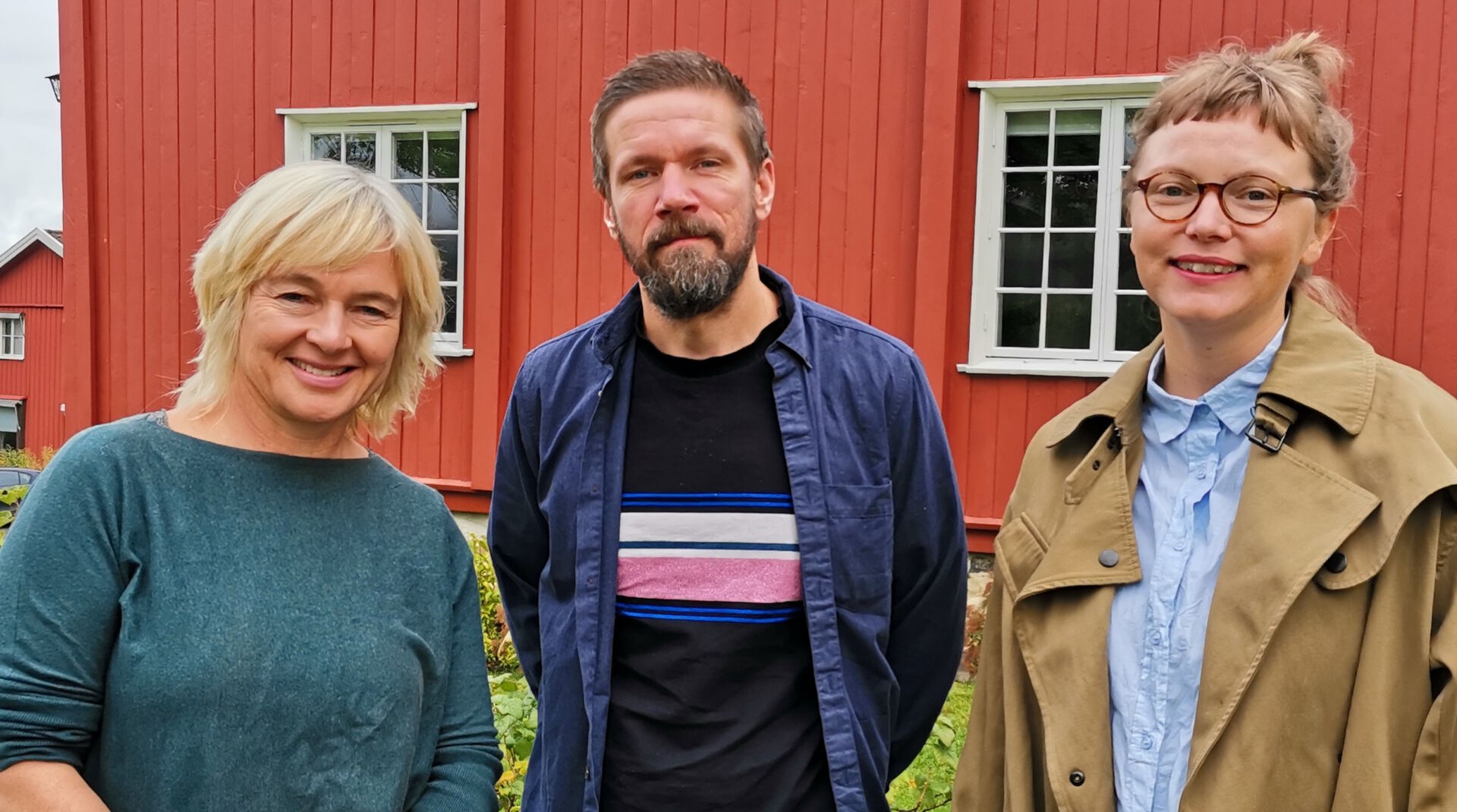|
By Helene Aarseth, Jørn Ljunggren and Rebecca Lund |
|---|
In recent years, the concept of excellence has become more central to academia in Norway. Many researchers have questioned whether the criteria for judging excellence are as neutral as has been claimed. Some argue that the turn towards more market-based competition is part of a (re)masculinization of academic life. One could argue that the ideal of the male genius at a respected public university has been replaced by a new ideal, in which the researcher competes in a global knowledge economy. This in turn makes it important to invest in practices and ways of being that provide optimal gains for the individual researcher, the individual university, and the nation’s ability to compete.
With this project, we want to explore the consequences of this shift. We are particularly interested in identifying the kinds of practices and types of research that thrive in a more market-based, competitive environment, and considering how this relates to gender. Do more instrumental and self-assertive ways of being win out? Does this take a toll on the emotional investments that researchers make, not just in relation to family and friends, but also in relation to human needs, other species, and nature more generally? Or do new relationships arise between knowledge and caring? We also want to consider which forms of motivation are well suited to a more market driven, competitive way of thinking. Many researchers are motivated by a self-reflexive desire to expand their knowledge, and to understand complex connections in the world. Is there any room for this type of motivation in a system that is increasingly characterized by marketization and competitive thinking?
Methodological and Theoretical Approaches
Our approach is inspired by early historical materialist feminism, which was concerned with connections between ways of being and approaches to knowledge. Within this line of thinking, objectifying and instrumental approaches were linked to masculine experience and identity. Today, this view might seem problematic and essentialist. At the same time, one cannot deny that there is still a significant gender divide within academia. Men are overrepresented in fields with more abstract and objective methodologies and areas of inquiry, and in disciplines that are highly regarded. Women, meanwhile, are overrepresented within approaches, areas of inquiry, and disciplines that relate to experiences, emotions, and relations. This type of research is often more difficult to quantify, and is therefore less suited to a more market driven academia.

However, one can also argue that the tensions between caring and competitiveness now play out across the gender divide and the divide between work and family. For this reason, we want to renew and develop the historical materialist concept of a division between caring and competition. Instead of using identity categories such as gender, class, and ethnicity as our starting point, we want to begin by considering how the division between caring and competition plays out in different approaches to knowledge. We will then consider how this is linked to gender and other aspects of identity and experience.
The researchers on this project bring different and complementary perspectives to the table. Rebecca Lund has broad experience within institution ethnography. This methodology provides insights into the ways in which everyday experiences, feelings, and approaches to knowledge, both within and outside of academia, are shaped by regional, national, and global processes. Helene Aarseth and Jørn Ljunggren will provide Bourdieu-inspired approaches to subjective orientations linked to different fields. Together, we look forward to exploring what kinds of researchers and what kinds of research are produced by the new turn within academia.
.jpg)